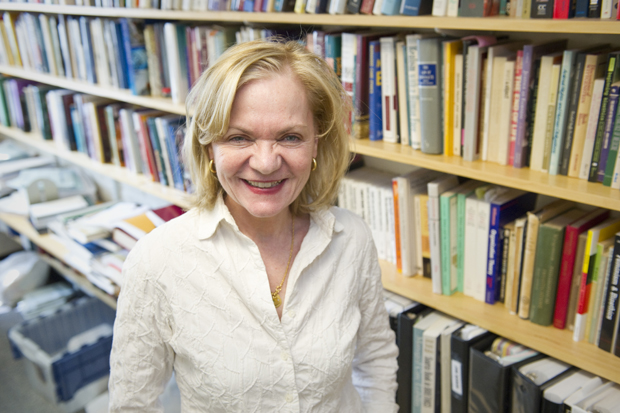Are your holiday donations supporting the right causes? Northeastern expert offers 5 tips for giving wisely

‘Tis the giving season, and your inbox and mailbox are full of requests to donate to a variety of causes.
Like a trip to the mall, it can all be overwhelming.
Should you give to one charity or spread your giving among various nonprofit organizations?
Should you give even if you can barely afford your rent?
And how do you know which charities spend their money — your money — wisely?
Northeastern Global News talked to professor Patricia Illingworth, a philosopher and author of “Giving Now: Accelerating Human Rights for All,” about how to give — and to whom.

1. Your donations add up
Even people who don’t have a lot to give can make a world of difference, Illingworth says.
“There is power in millions of people giving. When you take all those small amounts of money together, they can have a big impact,” she says.
Illingworth says it’s up to the individual donor if they want to give to just one charity or several nonprofits.
The power of a multitude of small donations can offset the power of mega donors setting the social agenda, she says.
2. Support human rights first
Illingworth says before supporting your city’s symphony, donate first to organizations that shore up human rights, including the rights to health, education, a healthy environment, fair working conditions and equality for all.
“I actually do support the arts, but I don’t think that’s the same as supporting people’s basic right to human life, to be able to survive and hopefully thrive,” she says.
When doing so, Illingworth says, give both globally and domestically.
And “give thoughtfully,” she says.
“Give to organizations that do the most good. It’s important that donors do their homework and ensure that the organizations they’re giving to are ethical, respect human rights and are effective and efficient,” Illingworth says. “Unfortunately, many are not.”
3. Who is making a real impact?
There are a number of nonprofits whose role is to connect donors with charities that are making a real impact, Illingworth says.
She says they include GiveWell, Giving What We Can, Candid and Charity Navigator.
“I think it’s also important to give to organizations where the leadership reflects the community being served,” Illingworth says, noting that philanthropist MacKenzie Scott has made a point of this over the past few years.
If the organization helps Black schoolchildren, Black leadership is critical, Illingworth says. If it’s serving the LGBTQ community, look for LGBTQ people in executive positions.
Leaders who are integrated into the community are well positioned to understand the needs of the community, she says.
Editor’s Picks
4. When not to give
Illingworth also says that while it is relatively easy to encourage billionaires to give and to give generously, the same is not true with respect to people with limited incomes.
Ironically, people who are lower income tend to give a higher proportion of their income than the very wealthy do, Illingworth says. “The wealthy can’t keep up with their wealth.”
But she says people with lower incomes, such as those earning about $40,000, should consider the health of their finances first and not feel an obligation to give.
A recent decline in small donors is of concern because of the implications for democracy, Illingworth says, but that doesn’t mean she advises people to stretch beyond their means.
5. Beware of give-aways
Illingworth is skeptical about giving to organizations that woo donors with gifts such as greeting cards and other give-aways.
“Organizations that waste money like this are likely not being run efficiently,” she says.
A Wells Fargo poll last month showed that people said they planned to cut back on giving due to the economy.
“One of the things that giving does is create civil society. And it fosters trust and social capital,” Illingworth says.
“Giving is something people have to want to do, and are free to do.”











